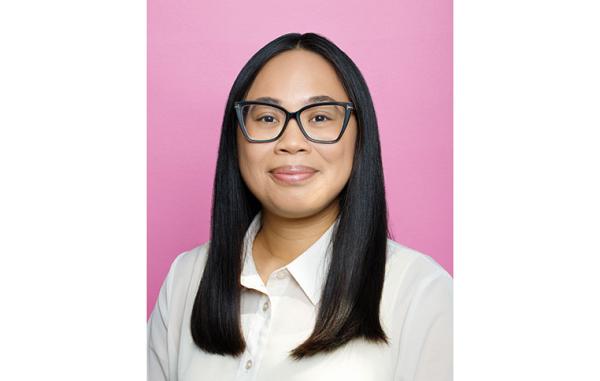Building Understanding Around Food Access and Chronic Disease in Chicago
A project of the Illinois CEAL Regional Team (Chicagoland CEAL) is exploring the connection between food and health. The study links information about access to food in Chicago metro-area neighborhoods with individuals’ dietary habits and chronic health conditions to uncover how food access and chronic disease are related. In this interview, Sarah Lomahan, M.P.H., director of health research at community-based health organization Equal Hope, shares insights about her organization’s contributions to the project, emphasizes the importance of involving community members in research, and offers advice for researchers hoping to partner with community-based organizations.
Can you share how Equal Hope’s work through Chicagoland CEAL reflects your organization’s broader mission and approach to supporting communities?
Equal Hope is an organization that is dedicated to saving lives and improving individuals’ quality of life by eliminating differences in health outcomes. We strive to challenge the status quo to understand the context of people’s lives and the barriers they experience to help them achieve better health outcomes for their lives. Through research, quality assessment and improvements, advocacy, education, and patient navigation, we approach health holistically to achieve sustainable outcomes and true health for all.
What is Equal Hope’s role in this project?
Equal Hope provided a leadership role throughout the project. We were part of a team that designed the questions, programmed the survey, led data collection by providing direct oversight of a team that collected 75% of the data, cleaned the data, and conducted several analyses in partnership with other Chicagoland CEAL team members from other institutions. We made sure that teams were able to work collaboratively, that the work was grounded in lived experiences from the community, and that the project was reflective of community values and priorities.
How did Equal Hope contribute to the data collection process?
Survey development was informed by the Chicagoland CEAL Program’s Community Advisory Board, while data collection was completed by community health workers (CHWs) from Equal Hope and other community organization staff. The CHWs were able to use their intimate understanding of the community to canvas and engage individuals who are not connected to or trusting of health care. Equal Hope CHWs’ participation built trust and rapport with the community, addressed health knowledge gaps, and bridged gaps between researchers and the community.
How will data from this study be used to strengthen local programs and public health interventions?
Data collected from this project will be used to inform community-based organizations and public health advocates in the Chicago metro area about the association between food access and insecurity, diet patterns, and cardiovascular disease. Our aim is to support focused interventions that aid individuals who are living in areas with low food access. The survey also provided hyper-local data on a range of health and social topics that local CBOs need to guide their programming. We will also be working to break down the data into the specific service areas of our partners.
How do community members benefit from being involved in the research process?
Community members benefit from being involved in the research process by having their voices heard and their lived experiences reflected in the findings. In this study, the survey questions sparked challenging but important conversations, and the candid responses granted us profound insights into the most urgent needs of communities. The community members’ involvement led to increased trust, capacity building, and the development of solutions that are relevant and impactful.
What advice would you give to researchers who want to partner with community organizations?
Researchers who want to partner with community organizations should prioritize trust-building through active listening, cultural humility, and sustained engagement. Recognizing and valuing community expertise is essential for developing interventions and projects that are both effective and community-driven.
To learn about how community members benefit from participating in research, visit CEAL’s fact sheet on community benefits of research.

Sarah Lomahan, M.P.H., director of health research, Equal Hope
Last updated: November 14, 2025